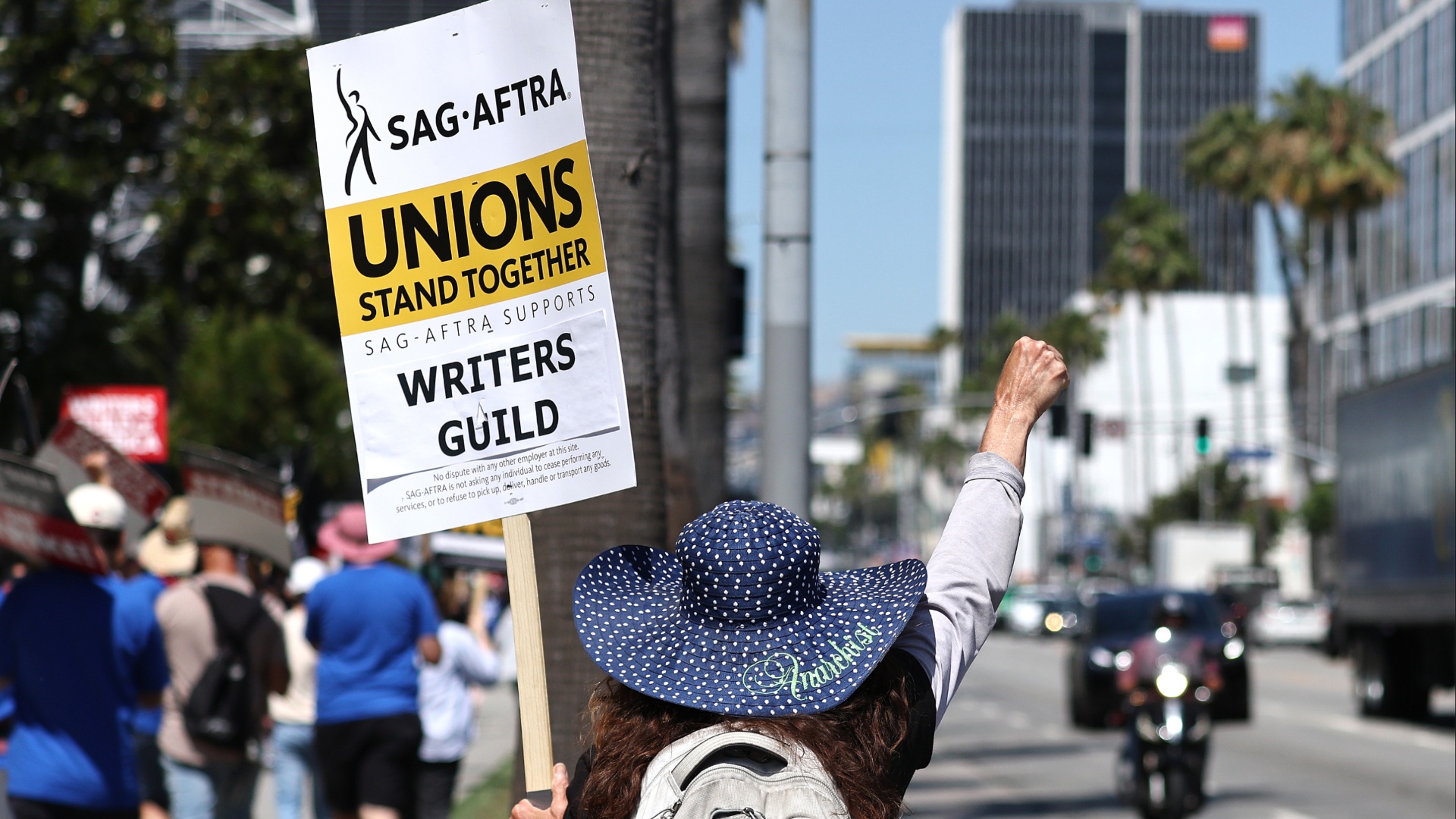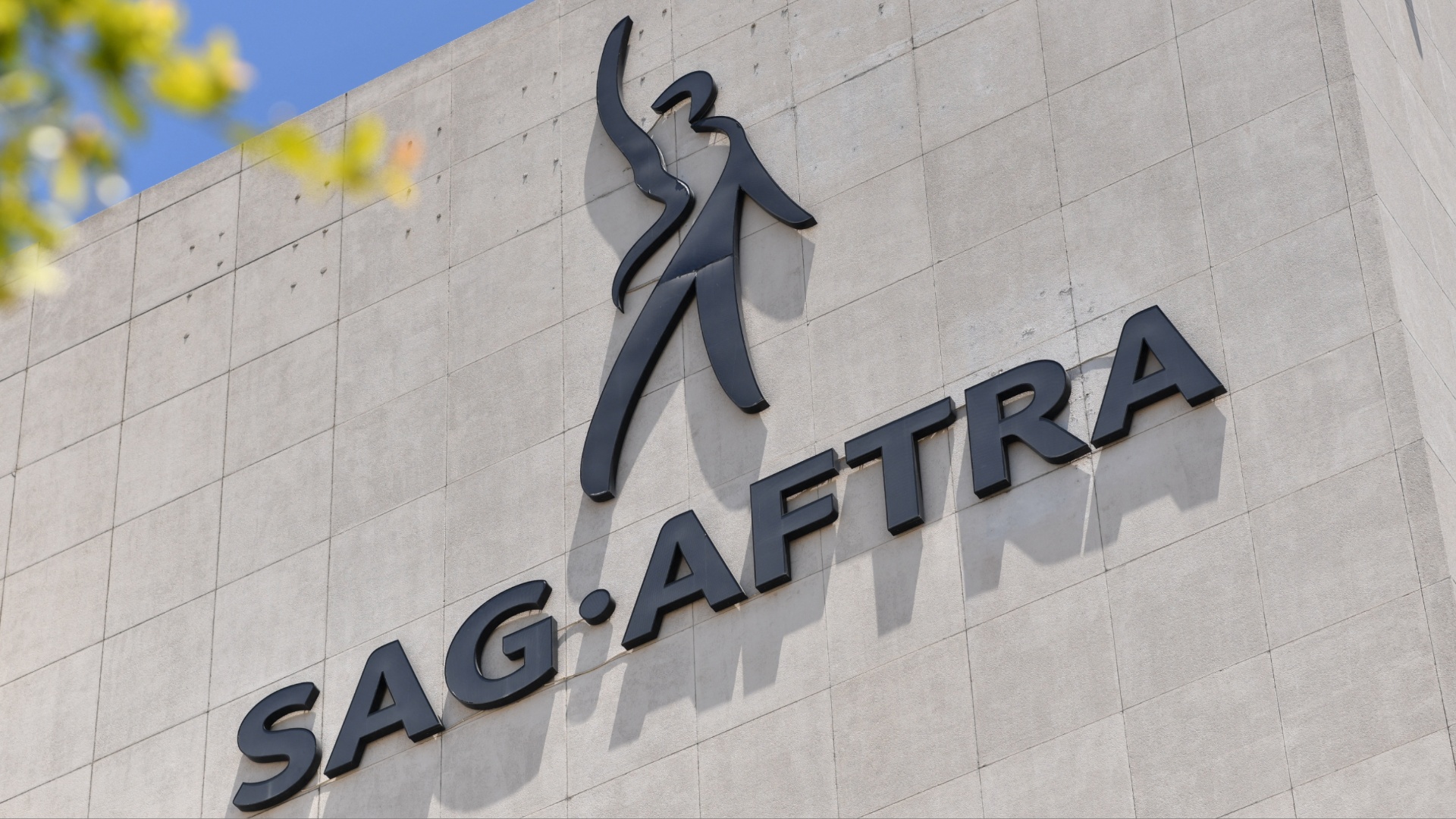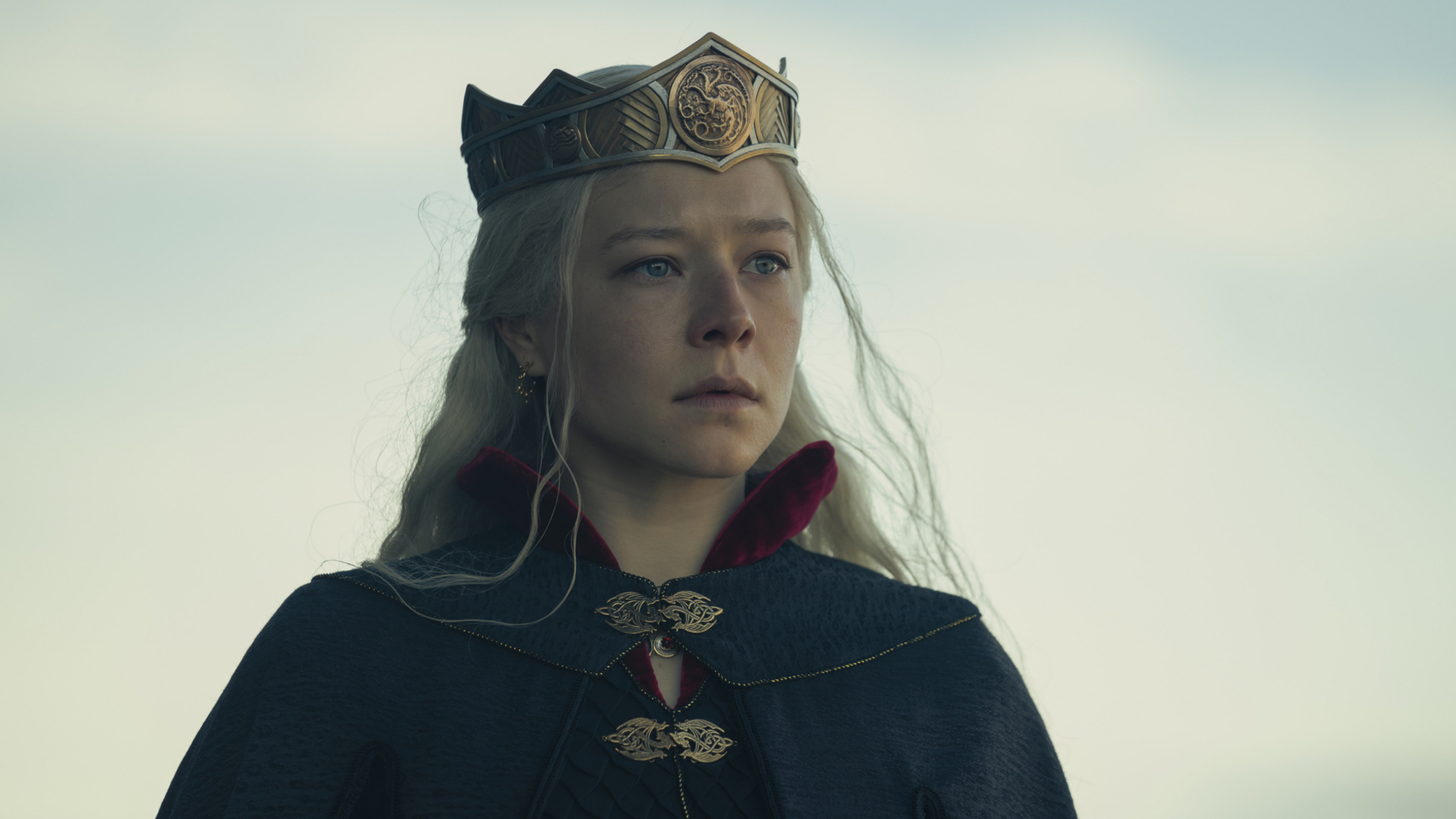
It's official: Hollywood actors are now on strike after negotiations between their union and Hollywood studios ground to a halt. They'll be joining their colleagues behind the camera in industrial action, as screenwriters and members of the WGA are also still on strike – and this means that filming on several big movies and shows is going dark. The strike officially came into action on July 13, during the UK premiere of new Christopher Nolan movie Oppenheimer, and cast members including Cillian Murphy and Emily Blunt walked off the red carpet.
But why are actors going on strike? And what does it actually mean for showbiz going forward? We’ve laid out all the essential details on the strike, including who SAG-AFTRA is, why they voted to go on strike, what they’re demanding, and when the strike could end, as well as a list of the movies and shows set to be affected.
What is SAG-AFTRA?

SAG-AFTRA stands for the Screen Actors Guild – American Federation of Television and Radio Artists. It's a union that represents around 160,000 film and TV actors, radio personalities, and other media professionals, which was formed in 2012 after SAG and AFTRA combined to form one organization. Members include Jennifer Lawrence, Ben Stiller, Kevin Bacon, Glenn Close, and Meryl Streep.
Why are actors striking?

A contract between SAG-AFTRA and the Alliance of Motion Picture and Television Producers, who negotiate on behalf of Hollywood studios like Disney and Netflix, expired at 11.59pm on July 12. The two sides failed to agree on a new one and the union voted unanimously to go on strike until a new agreement is in place that meets their demands – the two biggest of which involve higher pay and safeguarding against the unauthorized use of performers' images with AI.
Members are striking for increased minimum pay rates and increased streaming residuals – i.e. royalty payments for work on streaming services like Disney Plus. Before streaming, actors were paid royalties based on television re-runs, but this is no longer a reliable source of income. Streaming has also marked a shift to shorter seasons of TV shows over longer periods of time compared to broadcast television, meaning less work and less income, so many actors rely on residuals.
As for demands surrounding AI, actors want guarantees from studios about how AI will be used going forward to protect their image being used by production companies in the future without their consent or compensation (anyone watch Joan is Awful in Black Mirror season 6...?).
What does the actors' strike mean for viewers?

With the Writers Guild of America already on strike, an actors' strike means that Hollywood would essentially shut down. This is the first time that both writers and actors have been on strike at the same time since 1960 – when Ronald Reagan was president of SAG.
Any movie or TV show shoots currently underway would need to be paused or rescheduled, and finished projects that require reshoots or voiceovers from their casts will be unable to complete their post-production work. That means a lot of movie and show release dates will be delayed, although how significantly depends on how long the strike goes on for.
Plus, actors will not be able to promote completed projects, as striking means they won't appear at press junkets to be interviewed by print and online journalists, make appearances on talk shows or at events like the upcoming San Diego Comic-Con, or attend red carpet premieres.
SAG-AFTRA has released a full list of rules for their members – while the strike is ongoing, members will not be able to do the following:
- Tours
- Personal appearances
- Interviews
- Conventions
- Fan expos
- Festivals
- For your consideration events
- Panels
- Premieres/screenings
- Award shows
- Junkets
- Podcast appearances
- Social media
- Studio showcases
- Principal on camera work, such as acting, singing, dancing, performing stunts, piloting on-camera aircraft, puppeteering, and performance capture or motion capture work
- Principal off camera work, such as ADR/looping, TV and theatrical trailers, voice acting, and narration
- Background work
- Stand-in work
- Photo and/or body doubles
- Fittings, wardrobe tests, and makeup tests
- Rehearsals and camera tests
- Auditions (including via self-tape)
Which movies and TV shows could be affected by the strike?

The following movies and TV shows are currently filming, or are due to start in the coming days or weeks:
- Gladiator 2
- Paddington 3
- Wicked
- Beetlejuice 2
- Speak No Evil
- Amateur
- The Radleys
- Heads of State
- House of the Dragon season 2
- Industry season 3
- Andor season 2
- Mortal Kombat 2
- The White Lotus season 3
- Emily in Paris season 4
Plus, completed movies and series will also be affected, as actors will not be able to promote them on press tours. The following titles likely won't get much fanfare ahead of their release in the next few weeks:
- Haunted Mansion
- Meg 2: The Trench
- Blue Beetle
Are actors in the UK also on strike?

SAG-AFTRA members currently working in the UK on projects such as House of the Dragon and Industry are not able to go on strike. Anti-union laws in the UK mean that the actors' strike is not lawful in Britain, despite being so in the US.
Equity, the UK's performing arts and entertainment union, advises that partaking in strike action would result in "no protection against being dismissed or sued for breach of contract by the producer or your engager if you take strike action or refuse to cross a picket… Under UK law, SAG-AFTRA is not permitted to discipline you for continuing to work."
Equity has announced that it stands in solidarity with SAG-AFTRA. General secretary Paul W. Fleming said in a statement: "Equity stands full square behind our sister union in their claim and the action their board have agreed to take. Equity too is experiencing bullish engagers attempting to undermine its collectively bargained agreements. SAG-AFTRA has our total solidarity in this fight." However, solidarity strikes are illegal in the UK.
How (and when) could the strike be resolved?

Well, that all depends on when SAG-AFTRA and the studios reach an agreement on a new contract. There's no time limit on when that might be – the aforementioned strike in 1960 lasted a total of six weeks, while another SAG-ATRA strike in 1980 lasted just over three months. With screenwriters also on strike with the WGA and Hollywood likely to go completely dark, though, it's probable that things might turn around quite quickly…







